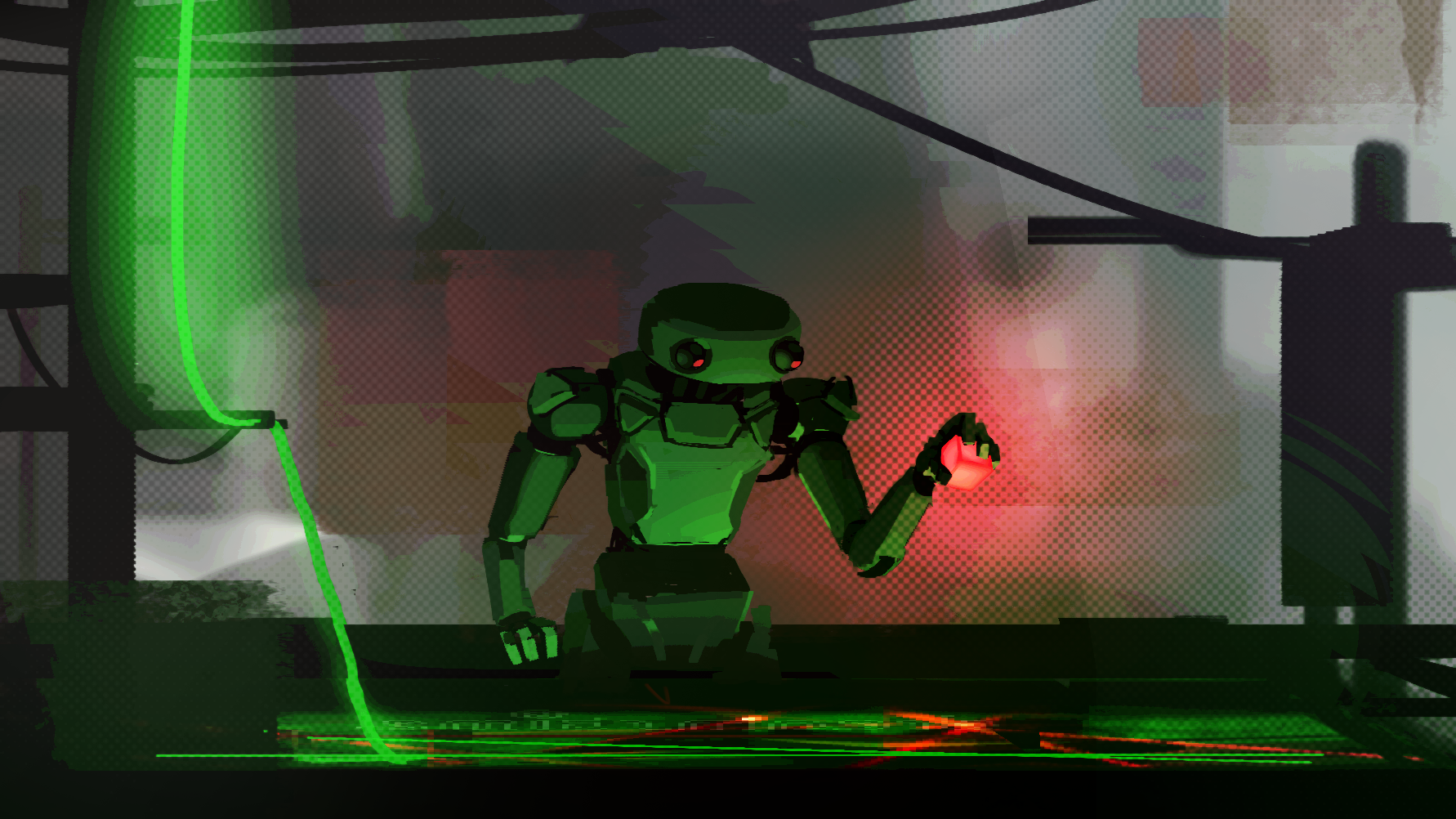Novel method to design photonic DIQKD experiments
16 April 2024
QSNP partners have achieved a milestone in the field of quantum communication. Researchers are working on a pioneering approach that could revolutionize the landscape of quantum key distribution (QKD). At the centre of their study lies the quest for device-independent quantum key distribution (DIQKD), a protocol praised for its ability to mitigate vulnerabilities inherent in traditional QKD methods.
Revolutionizing the Implementation of Secure Quantum Communication
Quantum key distribution (QKD) is a cryptography technique that leverages the principles of quantum mechanics to establish secure communication channels between to parties. Unlike classical encryption methods, which work using mathematical algorithms, QKD relies on the inherent randomness and indeterminacy of quantum particles to generate the cryptographic keys, securing the communication even against a quantum-capable attacker. However, standard QKD protocols are susceptible to side-channel attacks that exploit weaknesses in the device used to implement them. Enter DIQKD, a different approach that offers enhanced security by eliminating the reliance on assumptions about the physical model of the device. This enhanced security has however proven to be challenging to implement.
In their publication, the French researchers from Université Paris-Saclay/CEA/CNRS/Institut de Physique Théorique present an automated method for exploring photonic experiments. Using a machine learning algorithm and simulations of quantum optical circuits, they have created an intelligent agent that designs photonic experiments implementing DIQKD protocols.
First author, Xavier Valcarce emphasizes the significance of their development, stating, “Designing photonic experiments is not a trivial task. In our manuscript, we provide a method that can find circuits suited for any given task, in an automated manner.”
Artificial Intelligence at the Service of Quantum Security
The study represents a significant contribution to the field, taking a step forward in the implementation of photonic DIQKD experiments. Specifically, the researchers employed a family of artificial intelligence algorithms, known for their ability to learn by trial-and-error, to autonomously construct photonic circuits from the ground up. Notably, one of the challenges encountered was the simulation of photonic circuits. This task can prove computationally demanding, particularly in the presence of non-Gaussian processes, which are a recurring element in quantum communication. Consequently, the team had to develop a specialized numerical framework to efficiently simulate both Gaussian and non-Gaussian processes, the latter being expressed as a linear combination of Gaussian processes.
Another challenge encountered was finding photonic circuits that perform well. However, to address this, the researchers ingeniously employed reinforcement learning. In this approach, they tasked an intelligent agent with building a quantum optical circuit for a specific objective, such as designing an experiment that implements a DIQKD protocol with defined characteristics, like tolerating a certain number of losses. Subsequently, for each experiment proposed by the agent, the circuit was simulated using the previously mentioned framework, and the parameters of the circuits were optimized. Following this, feedback or reward was given back to the agent, thus facilitating the learning process.
Looking ahead, Valcarce emphasizes the importance of conducting detailed comparative studies between established designs and newly proposed ones. Furthermore, he stresses the necessity of further exploration of experimental designs before implementing them in practice.
Bringing closer photonic DIQKD experiments holds promise for boosting the security of quantum communication protocols—a critical need in an era marked by escalating cybersecurity threats. As quantum technologies continue to mature, this breakthrough is not only relevant for cryptographic systems but also lays the groundwork for a safer digital future.

Credits: Dowinson Nguyen
Curious about what’s next? Our News page is your ticket to staying in the loop.
Source
“Automated design of quantum-optical experiments for device-independent quantum key distribution”
Phys. Rev. A 107, 062607 – Published 7 June 2023
